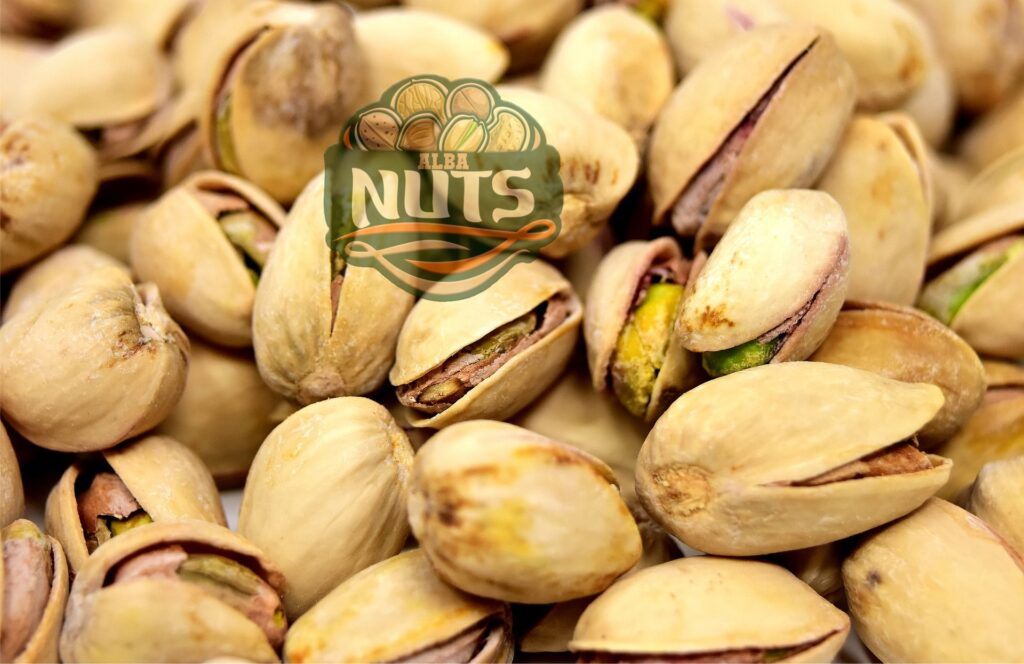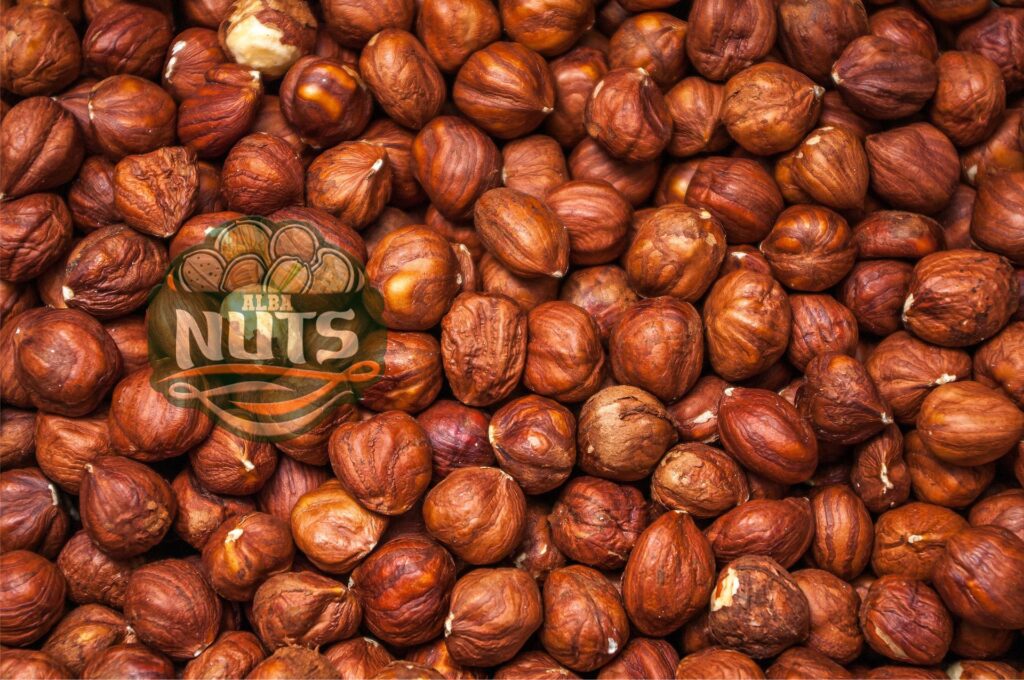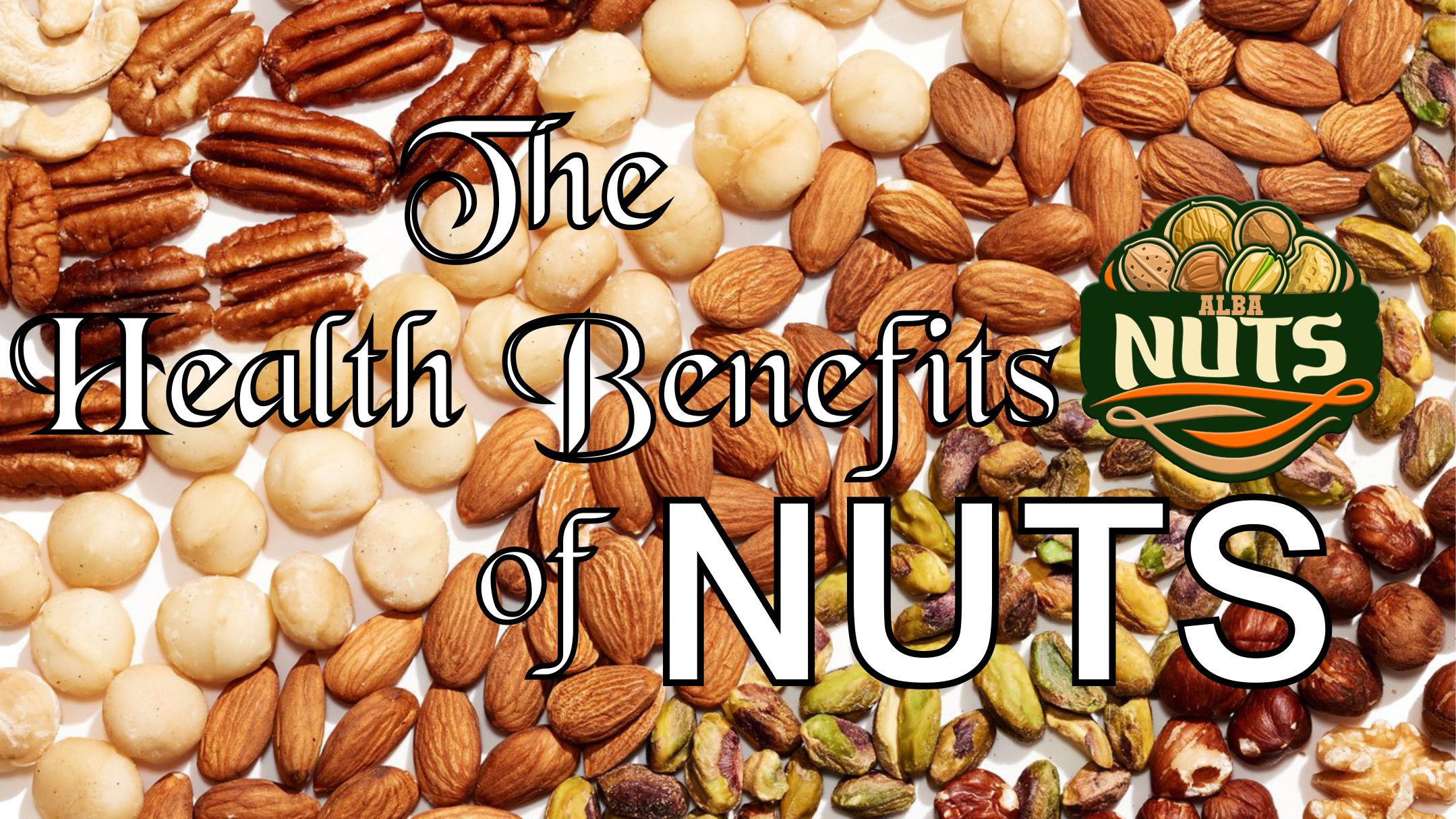This article is a continuation of the first, where we talked about the health benefits of nuts.
They are a great source of nutrients
Nuts are loved because of their health properties as well as because they are very nutritious. In fact, one gram of mixed nuts contains: 173 calories; 5g of proteins; 16g fats (including 9g monounsaturated fats); 6g carbohydrates; and 3g fibre. Of the Reference Daily Intake (RDI), the same amount contains 12% vitamin E, 16% magnesium; 13%phosphorous; 23% copper, 26% manganese, and 56% selenium. Some nuts have a higher concentration of nutrients than others. For instance, one Brazil nut has more than 100% RDI for selenium. Also, hazelnuts, macadamia nuts and Brazil nuts have less than 2g of digestible carbs per serving, whereas cashew nuts have 8g digestible carbs per serving.

They are loaded with antioxidants
Nuts are very rich in antioxidants. Polyphenols in nuts, for instance, can help combat oxidative stress by neutralising free radicals. According to Hudthagosol, Haddad and Jongsuwat (2012), walnuts have a greater capacity to fight free radicals as compared to fish. The antioxidants in walnuts and almonds have also been known to protect delicate fats in your cells from being damaged by oxidation (Haddad, Gaban-Chong, Oda & Sabaté, 2014). Hudthagosol, Haddad, et al. (2011) also write that 2-8 hours after consuming whole pecans, the body experiences a 26-33% drop in the levels of oxidised ‘bad’ LDL cholesterol, which is a major risk factor for heart diseases.
Aid in weight loss
Nuts are known to help in weight loss. According to Damasceno, Sala-Vila, et al. (2013), people assigned to eat nuts lost an average of 2 inches (5cm) from their waists, significantly more than those given olive oil. Also, according to Abazarfard, Salehi and Keshavarzi (2014), overweight women who ate almonds, lost nearly three times as much weight and experienced a significantly greater decrease in waist size. Nuts have been known to promote weight loss rather than contribute to weight gain.

Beneficial for Type-2 Diabetes and Metabolic Syndrome
Metabolic syndrome is a group of risk factors what increase the risk of heart diseases, strokes and type-2 diabetes. Type-2 diabetes is a common health condition that affects hundreds of millions of people all over the world. Nuts are considered the best foods for those living with the conditions. They are low in carbs and do not raise the blood sugar levels by much. Several studies including one by Tapsell, Batterham, et al. (2009), have proven that eating nuts may lower the oxidative stress, blood pressure and other health markers in people living with metabolic syndrome and diabetes.
Nuts are high in beneficial fibre
Although the body cannot digest fibre, the bacteria that lives in the colon can. Many types of fibre functions as food for the healthy gut bacteria. The bacteria then ferment the fibre and turns it into beneficial short-chain fatty acids (SCFAs). The SCFAs are powerful for the improve the gut health, and reduce the risk of diabetes and obesity. Fibre also helps you feel full and reduces the number of calories one absorbs in meals. Here are some of the nuts with the highest fibre content per 28g of serving:
- Almonds: 3.5 grams
- Pistachios: 2.9 grams
- Hazelnuts: 2.9 grams
- Pecans: 2.9 grams
- Peanuts: 2.6 grams
- Macadamias: 2.4 grams
- Brazil nuts: 2.1 grams

Reducing the risk of heart attacks and strokes
Nuts have been found to be very good for the heart. They have been found to help lower heart diseases and strokes as a result of their benefits for lowering inflammation, artery function ‘bad LDL particle size and cholesterol levels (Damasceno, Sala-Vila, et al., 2013). Damasceno, Sala-Vila, et al. (2013) also report that people who ate nuts had a significant decline in small LDL particles and an increase in large LDL particles as well as ‘good’ HDL cholesterol levels.
The Bottom Line
Nuts are delicious, versatile and widely available. They can be enjoyed whole, as nut butters, or chopped up and sprinkled on food. They also come salted, unsalted, seasoned, plain, raw or roasted. It is generally healthy to eat them either raw or toasted in the oven at a temperature below 175°C. the next best option is dry-roasted nuts but avoid nuts roasted in vegetable and seed oils. Eating them on a regular basis improves human health in various ways, including reducing diabetes and heart disease risks, and cholesterol and triglyceride levels. They are also good for losing weight. Ultimately, eating them in moderation makes for a tasty addition to a healthy and balanced diet.

References
- Abazarfard, Z., Salehi, M. & Keshavarzi, S. (2014). The effect of almonds on anthropometric measurements and lipid profile in overweight and obese females in a weight reduction program: A randomized controlled clinical trial. Journal of Research in Medical Sciences: The Official Journal of Isfahan University of Medical Sciences, 19(5), 457-464. Retrieved from https://www.ncbi.nlm.nih.gov/pubmed/25097630
- Damasceno, N. R., Salaa-Vila, A., et al. (2013). Mediterranean diet supplemented with nuts reduces waist circumference and shifts lipoprotein subfractions to a less atherogenic pattern in subjects at high cardiovascular risk. Atherosclerosis, 230(2), 347-353. https://doi.org/10.1016/j.atherosclerosis.2013.08.014
- Haddad, E.H., Gaban-Chong, N., Oda, K., & Sabaté, J. (2014). Effect of a walnut meal on postprandial oxidative stress and antioxidants in healthy individuals. Nutrition Journal, 13(4). http://doi.org/10.1186/1475-2891-13-4
- Hudthagosol, C., Haddad. E, & Jongsuwat, R. (2012). Antioxidant activity comparison of walnuts and fatty fish. Journal of the Medical Association of Thailand = Chotmaihet Thangphaet, 95 (supp. 6), S179-188. Retrieved from https://www.ncbi.nlm.nih.gov/pubmed/23130505
- Hudthagosol, C., Haddad, E.H., McCarthy, K., Wang, P., Oda, K., & Sabaté, J. (2011). Pecans acutely increase plasma postprandial antioxidant capacity and catechins and decrease LDL oxidation in humans. The Journal of Nutrition, 141(1), 56-62. https://doi.org/10.3945/jn.110.121269
- Tapsell, L.C., Batterham, M., et al., (2009). Long-term effects of increased dietary polyunsaturated fat from walnuts on metabolic parameters in type II diabetes. European Journal of Clinical Nutrition, 63(8), 1008-1015. https://doi.org/10.1038/ejcn.2009.19


